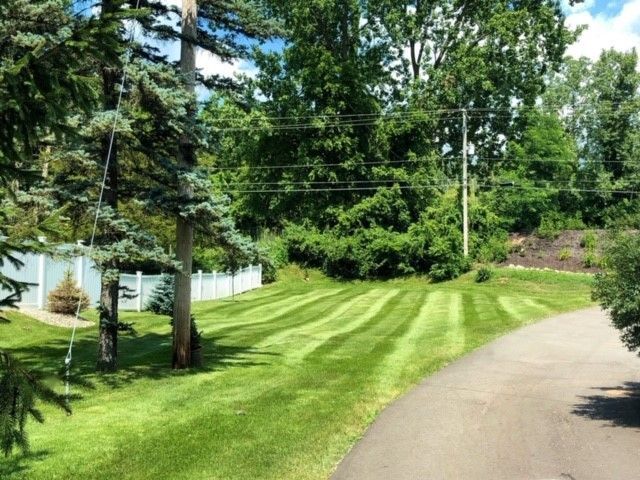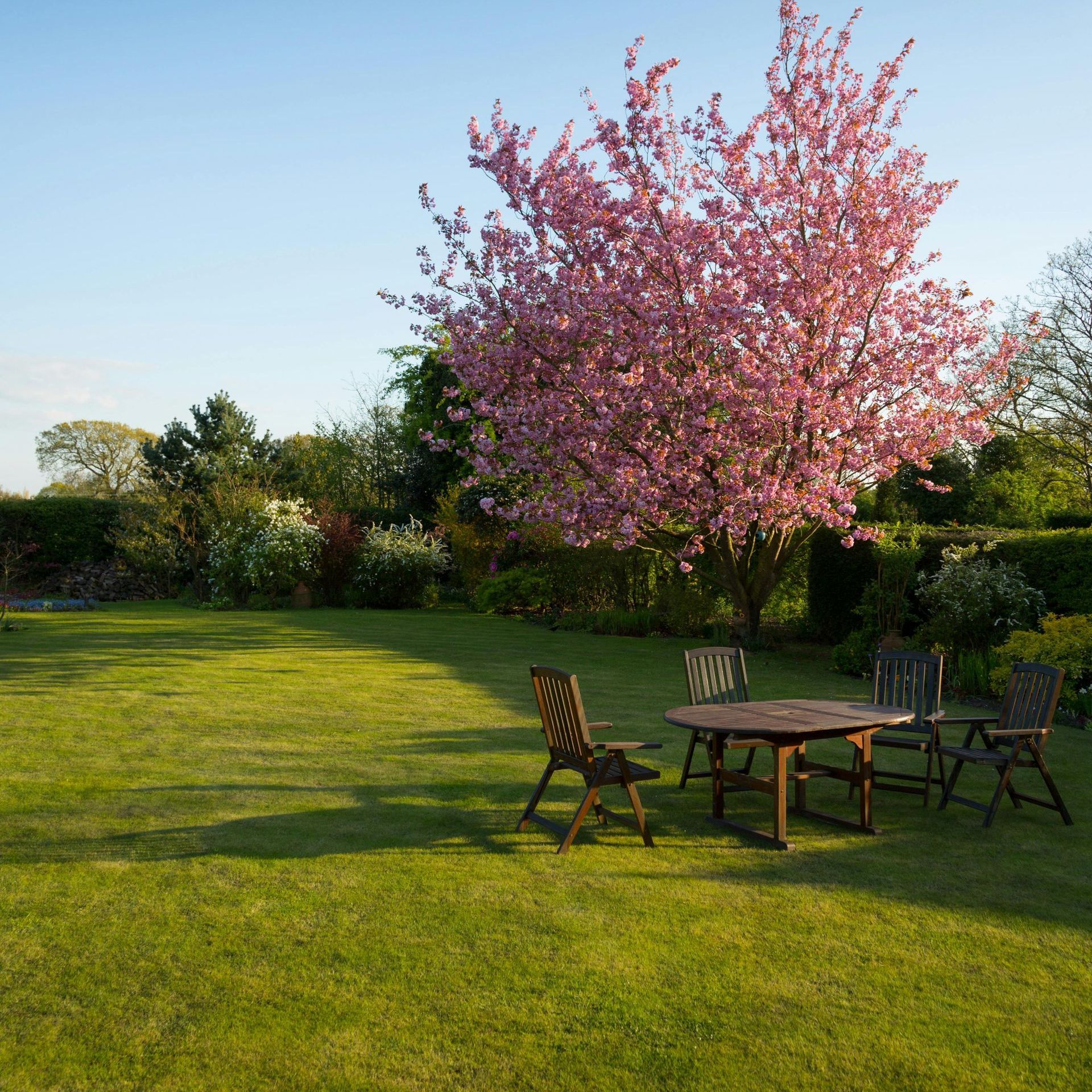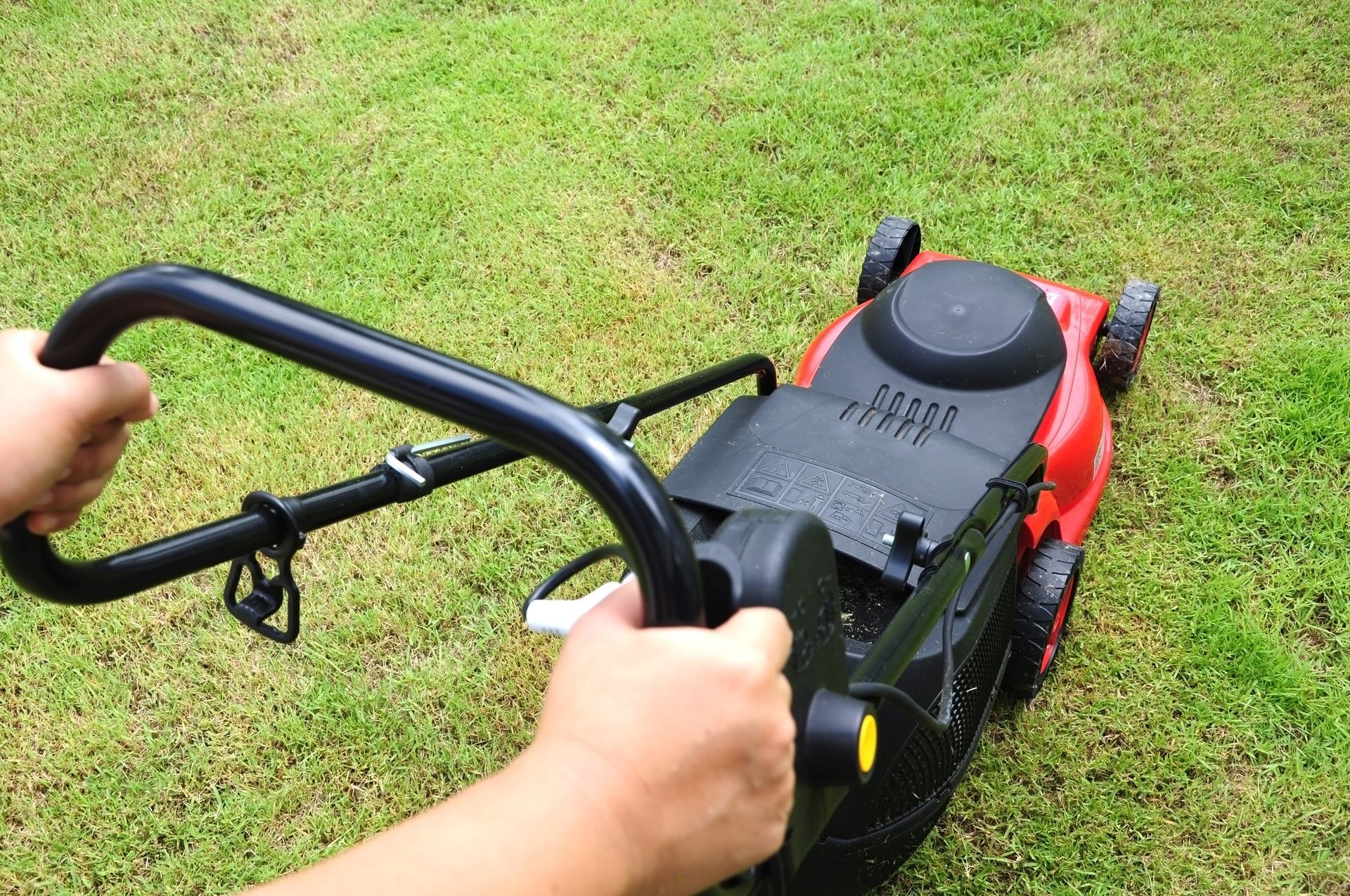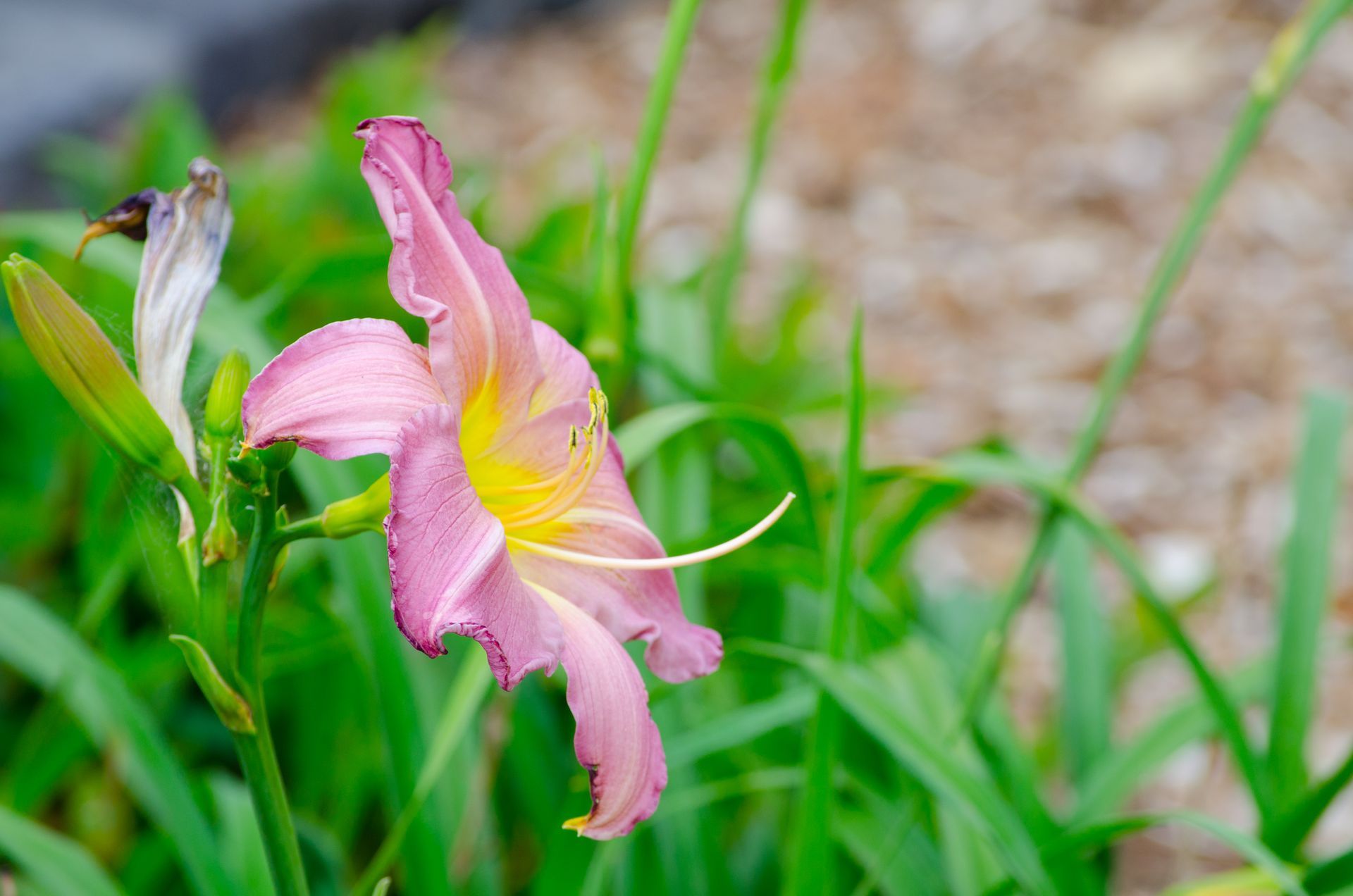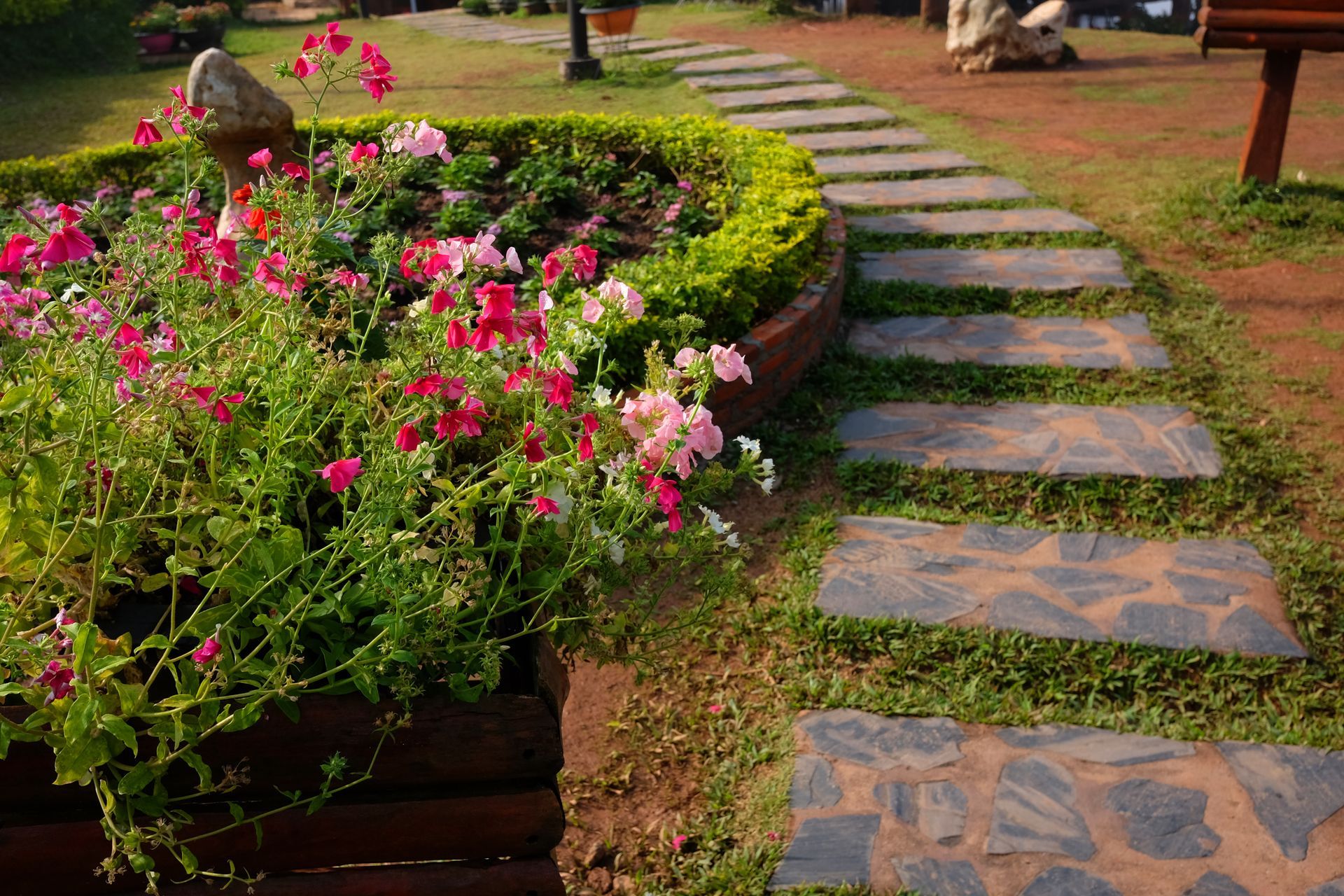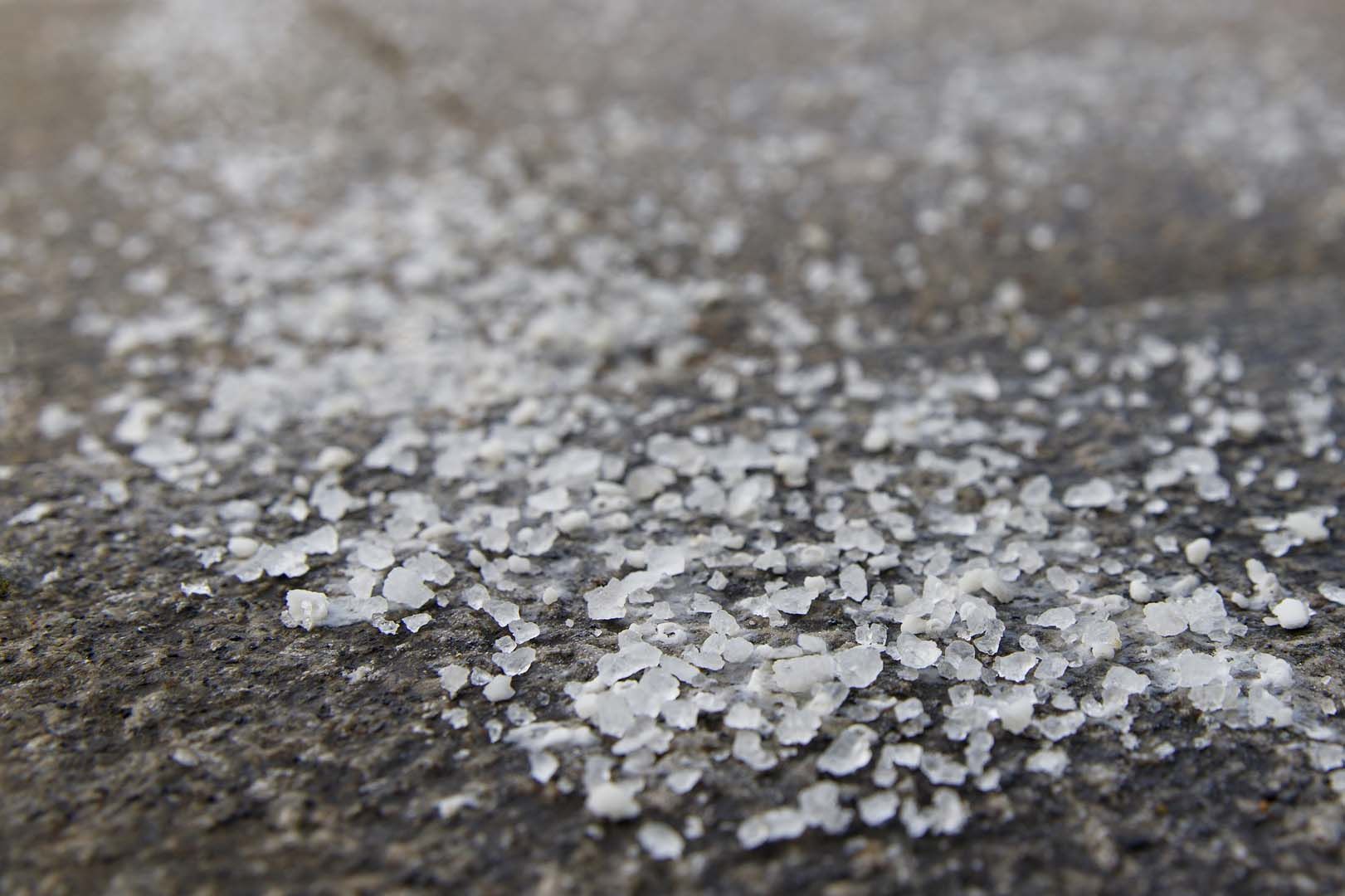MASTER GARDNER LLC
Fertilizing Your Lawn and Garden in Ada, MI: A Comprehensive Guide
Maintaining a healthy, lush lawn and garden is essential to enhancing the beauty of your home in Ada, MI. One of the key elements to achieving a vibrant landscape is proper fertilization. Whether you're looking to nourish your garden or boost the vitality of your lawn, understanding the right fertilizing practices can make all the difference. At Master Gardner, LLC, we specialize in providing top-tier
landscaping services, including
lawn fertilization services, to keep your yard thriving all year long. In this blog post, we’ll explore the fundamentals of lawn and garden fertilization and how you can ensure your outdoor space remains lush and healthy.
The Importance of Fertilizing Your Lawn and Garden
Fertilizing your lawn and garden is crucial for maintaining the health and appearance of your outdoor space. Fertilizer provides essential nutrients—such as nitrogen, phosphorus, and potassium—that plants need to grow, flourish, and resist diseases. Here’s why fertilizing is so important for your Residential Lawn Care:
Lawn Fertilization Benefits:
- Promotes Healthy Growth: Fertilizers help grass grow faster and thicker, filling in bare spots and creating a denser, healthier lawn. This also helps combat weed growth by reducing the amount of open soil where weeds can thrive.
- Boosts Root Development: Fertilizers rich in phosphorus strengthen the root system of grass, making it more resilient during times of drought or stress.
- Enhances Lawn Color: A well-fertilized lawn is typically more vibrant, with a lush green color that enhances your home's curb appeal. This is particularly important for maintaining eco-friendly lawn care that supports both beauty and sustainability.
Garden Fertilization Benefits:
- Improves Plant Health: Fertilizing your garden helps flowers, vegetables, and shrubs receive the nutrients they need to grow stronger and produce better blooms or yields.
- Increases Resistance to Pests and Diseases: Healthy, well-fed plants are more resistant to diseases and pests, which can save you time and money on treatments.
- Supports Soil Health: Regular fertilization replenishes depleted soils, ensuring long-term productivity and vitality for your garden, a key aspect of
Lawn Maintenance Services.
Types of Fertilizers: Choosing the Right One for Your Yard
Not all fertilizers are created equal. Depending on the specific needs of your lawn and garden, you may need to choose between organic and synthetic fertilizers or opt for different nutrient formulations. Here's a closer look at the most common types of fertilizers used in Ada, MI. Master Gardner, LLC can help you select the best products for your Lawn Care Solutions:
Organic Fertilizers:
Organic fertilizers are made from natural materials like compost, manure, and bone meal. They improve soil structure and promote the long-term health of your lawn and garden by providing slow-releasing nutrients that are gradually absorbed by plants. Benefits include:
- Improved Soil Quality: Organic fertilizers enrich the soil with beneficial microorganisms that help plants absorb nutrients more efficiently.
- Environmental Safety: They’re less likely to cause water pollution and are environmentally friendly.
Synthetic Fertilizers:
Synthetic or chemical fertilizers are manufactured using mineral or synthetic compounds. They provide an immediate nutrient boost to plants and lawns, making them effective for quick fixes or targeted treatments. Benefits include:
- Faster Results: Synthetic fertilizers deliver nutrients immediately, making them ideal for correcting nutrient deficiencies quickly.
- Custom Formulations: These fertilizers often come in specific ratios, such as nitrogen-heavy blends for lawns, allowing you to target specific plant needs, especially in weekly lawn care treatments.
Fertilizer Formulations:
Fertilizers are labeled with three numbers representing their nitrogen (N), phosphorus (P), and potassium (K) content. For instance, a 10-10-10 fertilizer contains 10% nitrogen, 10% phosphorus, and 10% potassium. Depending on the state of your soil, you may require a higher or lower concentration of these nutrients. Lawn fertilizers often focus more on nitrogen to promote rapid growth, while garden fertilizers may prioritize phosphorus for flower and fruit development.
The Best Time to Fertilize Your Lawn and Garden in Ada, MI
Fertilizing your lawn and garden at the right time is important. Different plants and grass types have varying nutrient needs throughout the year, and understanding these seasonal patterns can help you apply fertilizers at the most effective times.
Lawn Fertilization:
In Ada, MI, the best time to fertilize your lawn depends on the type of grass you have:
- Cool-Season Grasses (e.g., Kentucky bluegrass, ryegrass, fescue): The ideal time to fertilize cool-season grasses is in early spring and fall, as these grasses experience peak growth during cooler temperatures.
- Warm-Season Grasses (e.g., Bermuda grass, zoysia): If you have warm-season grasses, fertilize them in late spring and throughout summer when they are actively growing in warm weather. These are often treated in seasonal lawn maintenance.
Garden Fertilization:
The best time to fertilize your garden depends on the type of plants you’re growing:
- Flowering Plants: Apply fertilizer in early spring before buds appear and again after the first bloom to encourage continuous flowering.
- Vegetables: Vegetables require more frequent fertilizing during their growing season. Fertilize early in the season to promote root development, and again when plants begin to flower or set fruit.
How to Properly Fertilize Your Lawn and Garden
Fertilizing your lawn and garden may seem straightforward, but applying the right techniques is crucial for ensuring the nutrients are absorbed efficiently. Here are a few tips to help you fertilize correctly:
Lawn Fertilization Tips:
- Test Your Soil: Before applying any fertilizer, conduct a soil test to determine what nutrients your soil lacks. This will aid you in choosing the correct fertilizer blend, especially with Affordable Lawn Maintenance.
- Mow Before Fertilizing: Cut your grass before fertilizing to ensure the fertilizer reaches the soil and is absorbed by the roots.
- Apply Evenly: Use a broadcast spreader for even distribution, and water your lawn immediately after fertilizing to help the nutrients soak into the soil.
Garden Fertilization Tips:
- Use the Right Amount: Too much fertilizer can harm your plants, so always follow the recommended application rates on the fertilizer package.
- Fertilize Early in the Morning: Fertilizing in the morning ensures the fertilizer can be absorbed before the heat of the day causes rapid evaporation.
- Water After Fertilizing: Just like with your lawn, watering after fertilizing your garden helps the nutrients penetrate the soil and reach the plant roots.
Professional Fertilization Services by Master Gardner, LLC
Fertilizing your lawn and garden requires careful planning and knowledge of the specific needs of your landscape. At Master Gardner, LLC, we specialize in providing expert Lawn Care Solutions to help homeowners in Ada, MI, maintain beautiful, healthy lawns and gardens year-round. Whether you need seasonal lawn treatments or customized fertilization plans for your garden, our team of experienced professionals can ensure your outdoor space gets the nutrients it needs to thrive. We offer lawn maintenance services and landscaping services, along with snow plowing.
Contact us today at
(616) 366-1552 to schedule a consultation and discover how we can help you create and maintain a lush, vibrant landscape in Ada, MI.
FAQs
How often should I fertilize my lawn?
For cool-season grasses, you should fertilize twice a year, once in the spring and again in the fall. For warm-season grasses, fertilize in late spring and throughout summer.
Can I use the same fertilizer for my lawn and garden?
While some fertilizers may work for both, it’s best to use specific formulations for lawns and gardens. Lawns generally need more nitrogen, while gardens often require higher levels of phosphorus and potassium.
How do I know if my lawn or garden needs fertilizing?
Yellowing grass, slow growth, and poor blooming are signs that your lawn or garden may be lacking nutrients. Examining your soil can pinpoint particular nutrient deficiencies.
Is organic fertilizer better than synthetic fertilizer?
Both organic and synthetic fertilizers have their benefits. Organic fertilizers improve long-term soil health, while synthetic fertilizers provide faster results. The selection depends on your individual aims and tastes.
What happens if I over-fertilize my lawn or garden?
Over-fertilization can lead to nutrient burn, causing yellow or brown patches in your lawn or damage to your plants. Stick to the suggested application rates to avoid excessive fertilization.
